
At the 22nd Verzió Human Rights Documentary Film Festival, held between 11 and 19 November, films competed in five categories. The award for Best Documentary Film went to the Georgian film 9-Month Contract, which examines the struggles of a single Georgian mother who turns to surrogacy and the limits imposed by poverty. The Best Hungarian Film award was given to My Father’s Daughter, a story about the search for a lost sister. In 2025, nearly eight thousand people engaged with stories drawn from real life. The festival continues online, with 36 films available for rental on Verziótéka until 30 November, including all winning and special mention titles.
Hungary’s only human rights documentary film festival once again presented some of the most relevant and powerful documentaries from around the world. The films addressed sensitive and diverse topics, ranging from war-torn Ukraine, Gaza and Iraq to pressing social issues at home, such as gender inequality, the climate crisis and child protection. This year, 60 films screened at Verzió, and the juries awarded prizes in four categories. The Audience Award winner was also announced at Wednesday’s awards ceremony based on viewer votes. The creators of the winning films received a 1000€ cash prize offered by the festival’s co-organizer, the Blinken OSA Archivum.
The awarded films of the 22nd Verzió Film Festival:
Best Human Rights Film: Cutting Through Rocks
Best International Documentary: 9-Month Contract
Doc Future Award: Make It Look Real
Best Hungarian Documentary: My Father’s Daughter
Audience Award: Don’t Worry, Sári!
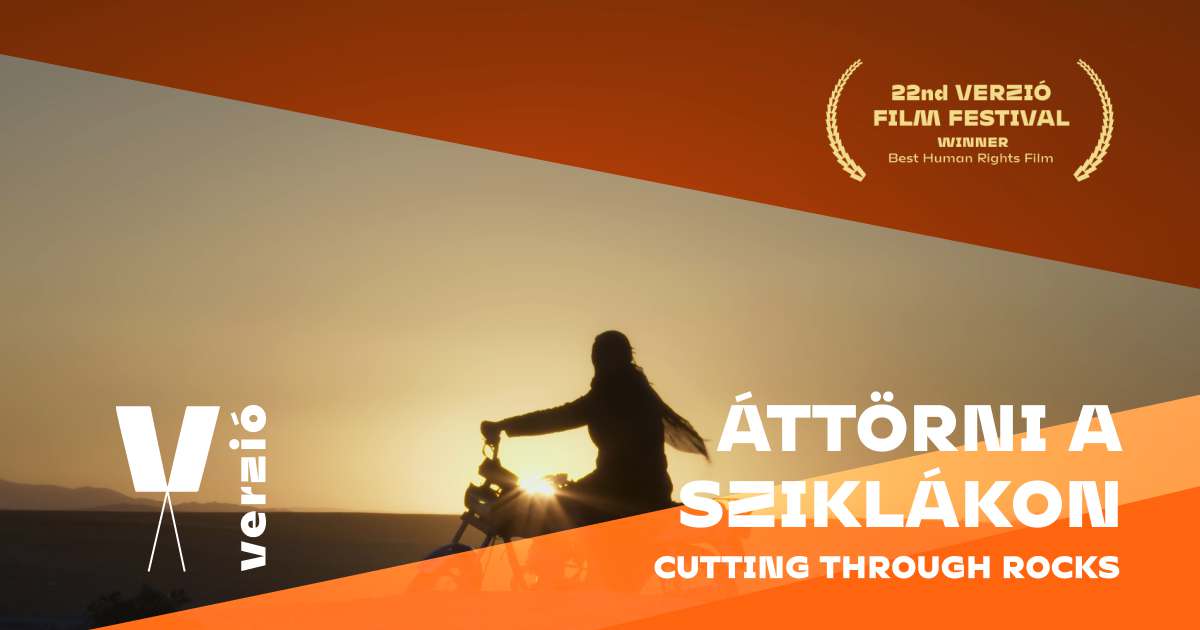
The Best Human Rights Documentary was selected by the five-member Youth Jury, formed through Verzió’s open call. The winner was Cutting Through Rocks (dir. Sara Khaki and Mohammadreza Eyni), recipient of the Sundance Grand Jury Prize, which portrays a woman’s struggle against the Iranian patriarchy. 'Tonight, our award recognizes a film that embodies both unease and hope. Cutting Through Rocks tells the intimate story of a long forgotten womanhood; strong, proud, yet tender, following a woman who was born into the harshest disadvantage simply for being a woman, challenges a society that assumes only men can create change' - stated the jury.
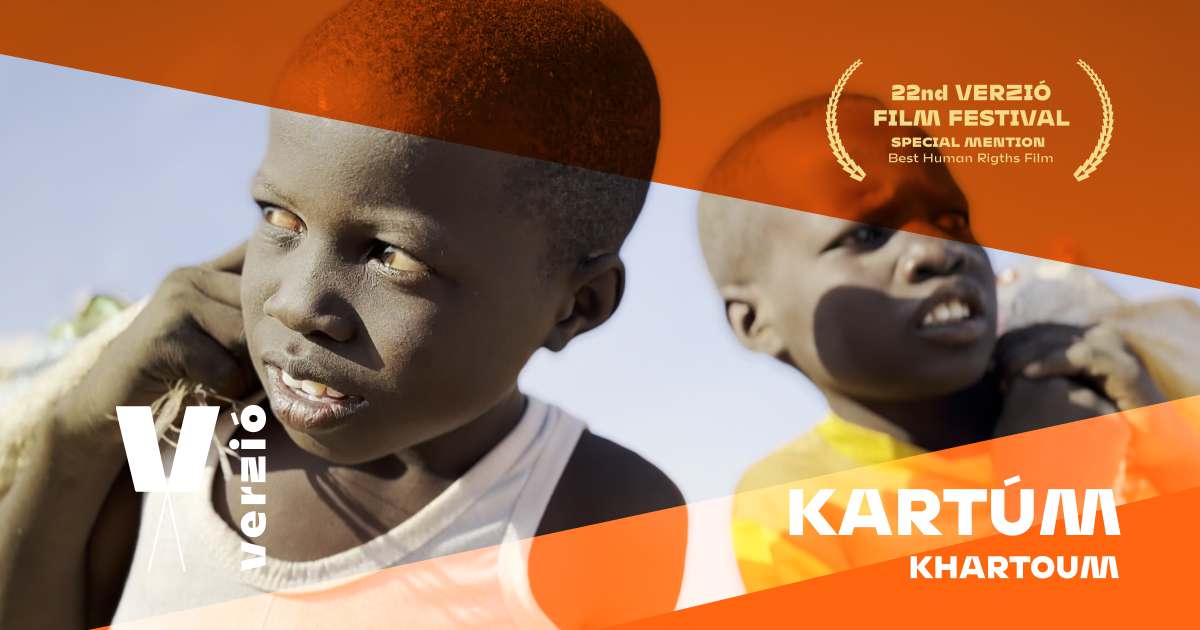
The Youth Jury’s Special Mention went to Khartoum, which received two awards at this year’s Berlinale. 'Yet, amidst the misery, it shows a population that dreams, sings, dances, and longs to return to their land, reminding us that even in the face of oppression, hope, courage, and the desire for change endure.' The jury members were Irem Aysin Deprem, Amina Ghazouani, Éva Nádasdi, Botond Polecsák and Solongo Soninbayar.
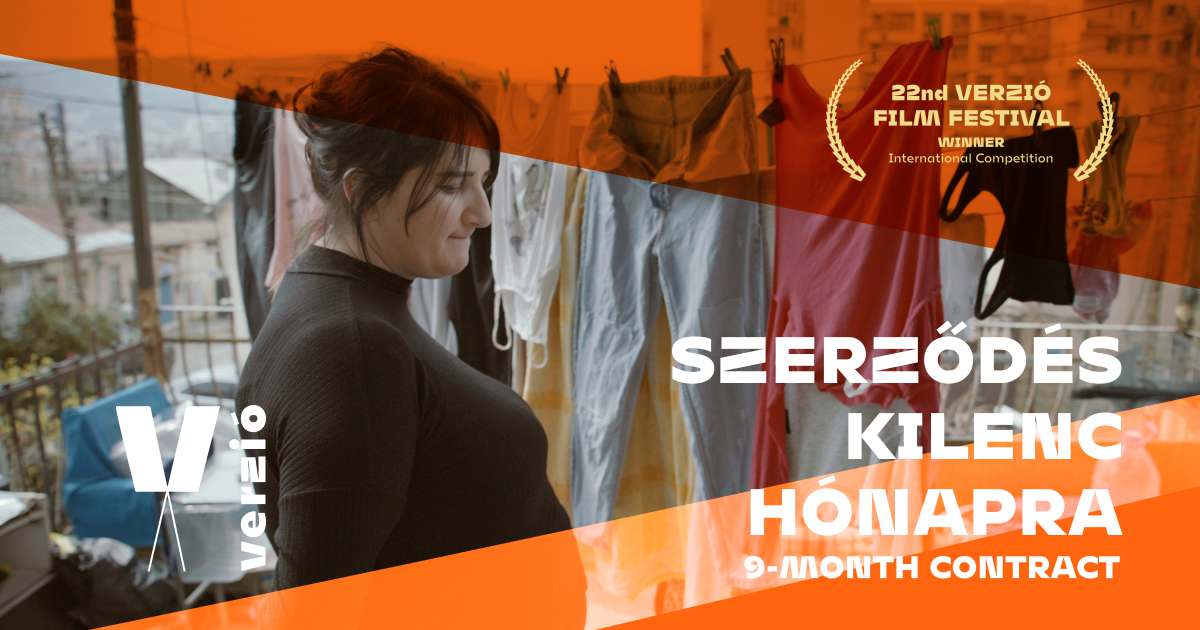
In the International Competition, the award for Best Documentary Film went to 9-Month Contract (dir. Ketevan Vashagashvili). 'With unobtrusive cinematography and finely balanced editing, the film allows gestures, silences, and the tender bond between a mother and her daughter to carry the emotional weight of the story. By navigating the unregulated realm of commercial surrogacy, the film reveals a world that commodifies everything - even the human body - and exposes the strain placed on families by crumbling social systems. In doing so, it shows how the personal and the political are never truly separate, especially for those forced to survive within complex and unequal societies.'
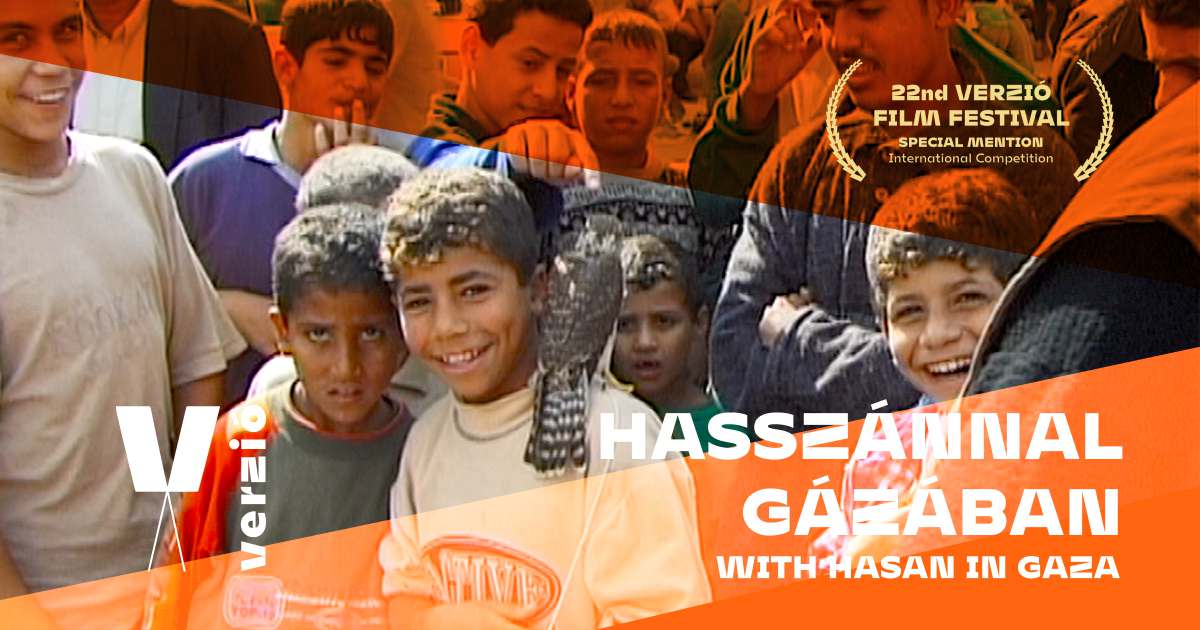
A Special Mention was given to With Hasan in Gaza. 'We want to give a special mention to a film that functions as a time capsule for a place that no longer exists, yet refuses to disappear. The filmmaker creates an interactive dialogue between what we see and what we know, inviting our minds to fill the space between presence and absence, reminding us that at a time when a land and its people are facing erasure, memory becomes a vital act of resistance' - said the jury composed of Eroll Bilibani, coordinator of DokuFest Kosovo’s DokuLab program, editor Júlia Hack, and Anca Paunescu, curator of One World Romania.
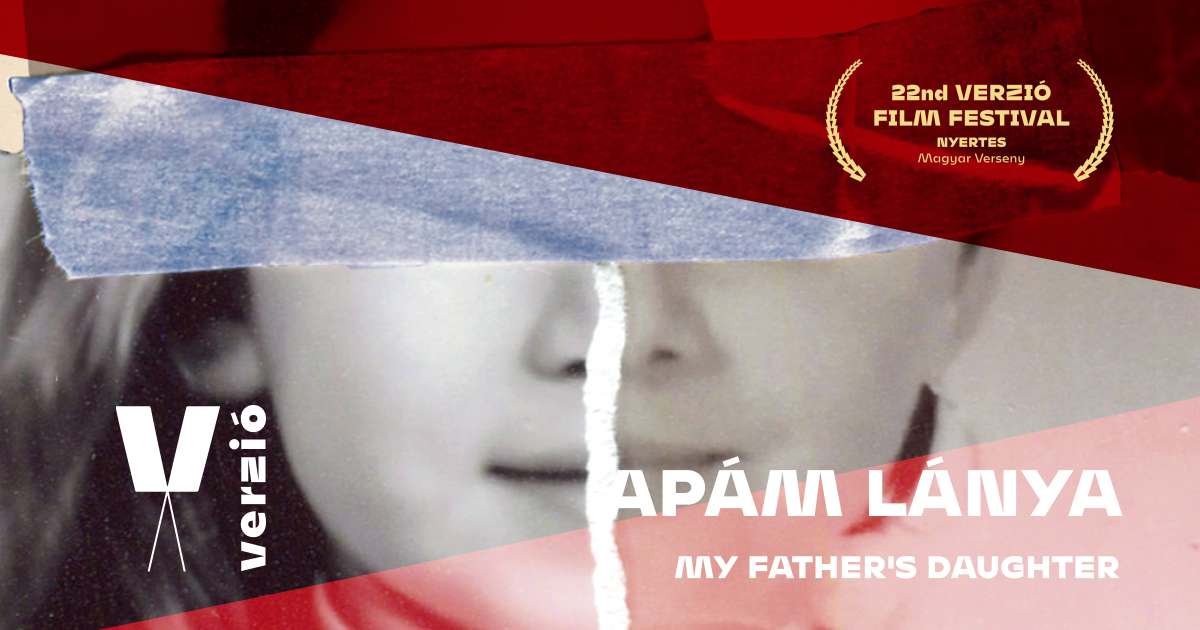
This year, the Verzió Hungarian Competition invited audiences into family histories that speak of life, resilience and the will to survive. The Best Hungarian Documentary award went to My Father’s Daughter, directed by Lea Podhradská. The film tells the story of a protagonist who was abandoned and abused as a child, yet found the strength to move forward. 'For its elegant blend of personal investigation, poetic imagery and raw emotions, we award the main prize to Lea Podhradská for My Father’s Daughter.' The Hungarian Competition jury consisted of Maria Krauss, producer and activist (Plesnar & Krauss Films), Truls Lie, editor-in-chief of Modern Times Review, and Igor Stanojević, program director of the Beldocs Film Festival.
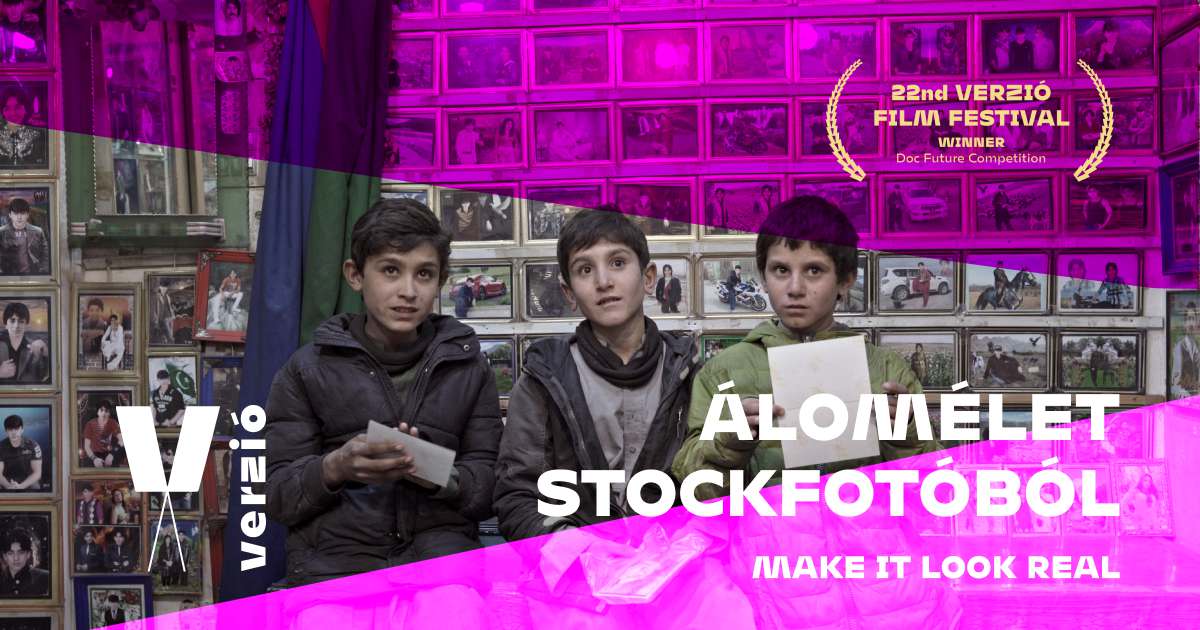
The Doc Future competition, which featured first- and second-time filmmakers, was evaluated by an international jury: Dávid Mikulán, intermedia artist and director, Oliver Sertić, producer and coordinator of the Liburnia Film Festival, and Sofia Tocar, distributor (Square Eyes). The Doc Future Award went to Make It Look Real (dir. Danial Shah). 'We would like to award a film that shows us how to reimagine ourselves and reality through the lens of a camera. The director’s sensibility and respectful approach to capturing a space of co-creation — one that also functions as a mirror — allows us to look at and laugh at ourselves and to better understand each other’s dreams and fears.'
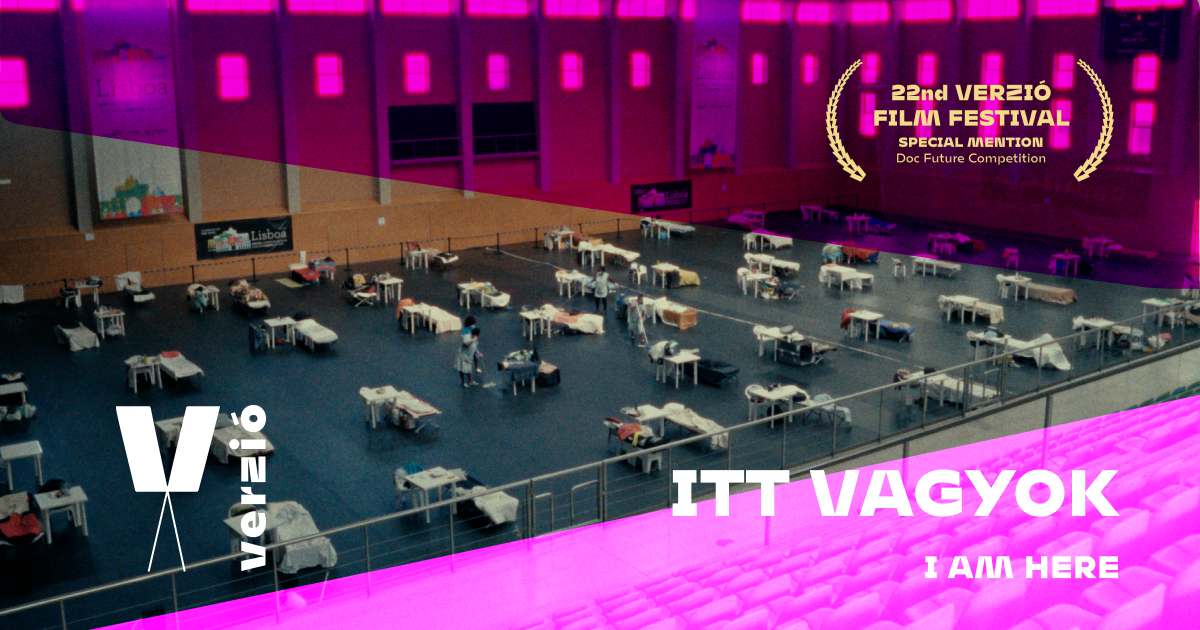
The Doc Future Special Mention was awarded to I Am Here, directed by Zsófi Paczolay and Dorian Rivière. 'Carefully crafted in all its elements, especially editing, this film is showing us the burning importance of care and solidarity, the values we are rapidly losing all around the world, particularly in Europe. A continent that we like to call the place of safety and freedom, where we need to understand that we are as strong as our weakest member.'
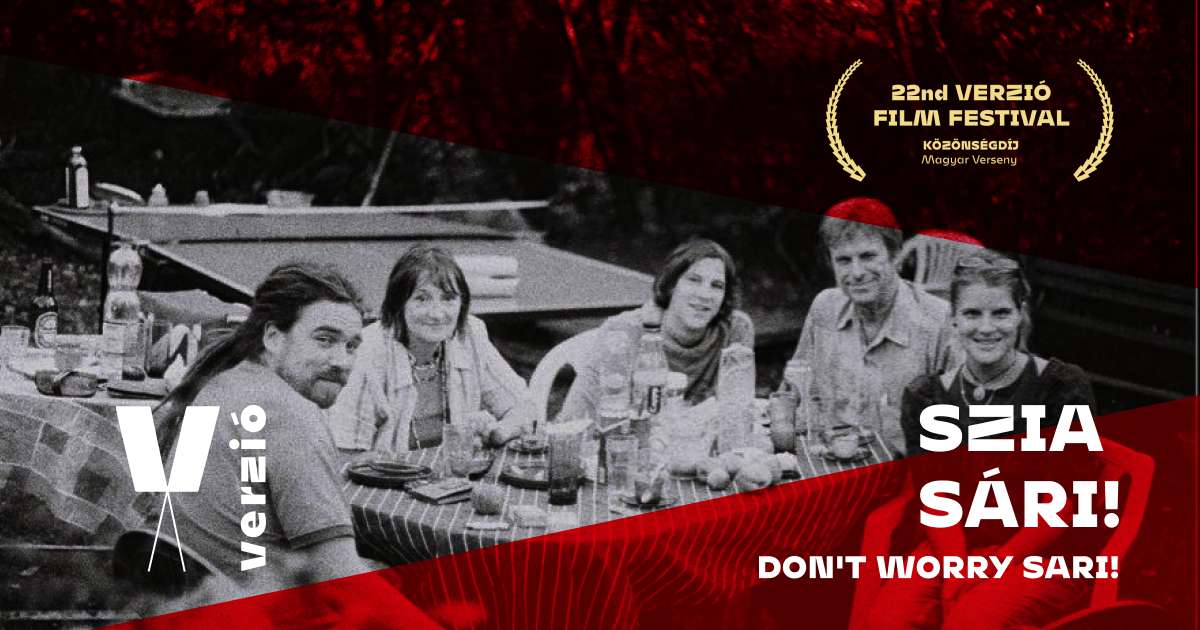
The Audience Award went to Sári Haragonics’s Don’t Worry, Sári!, which weaves together present-day and family archival footage, voice messages and dreams to paint a sensitive portrait of how layers of the past and present interact in our family relationships.
Awards were also presented in the 10th edition of the Verzió DocLab industry program. The Hungarian-American project The Grandfather Puzzle received the most recognitions. These prestigious domestic and international awards - including the HBO Development Award, post-production support from FocusFox, and backing from MADOKE - not only offer professional validation but also significant opportunities for creators to enter the international documentary filmmaking scene. The list of awarded projects is available here: https://verzio.org/en/doclab/2025/awards
“We are truly happy that audiences once again embraced the opportunity for interaction, that active dialogue emerged between viewers and creators, and that unforgettable memories were made. This year, Verzió was again about openness and conversation, which meant a great deal to the filmmakers who joined us,” said Festival Director Enikő Gyureskó. “The 8000 participants who attended screenings and accompanying events in Budapest and across the country show the strength of Verzió.”
As part of Online Verzió, 36 films will be available for viewing on the festival’s streaming platform from 20 November. Rentals are available until 30 November. With a DocFan Pass, films remain accessible until 10 December.